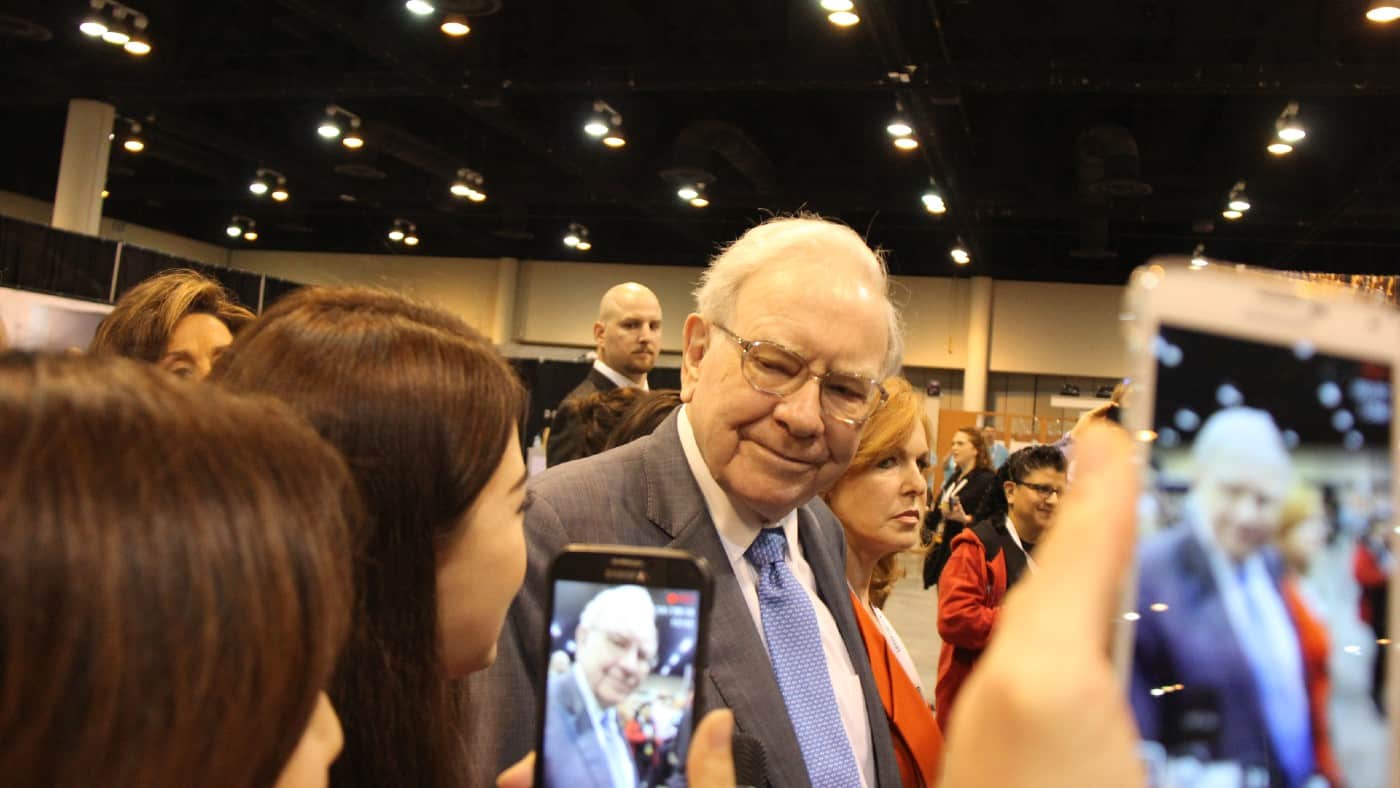Like most people in their early 30s, I don’t own much. Yet, I have liabilities lying in wait for me — tuition fees, an engagement ring, a mortgage, and much more. It becomes more disconcerting when I realise that I only have 30 more years to secure my finances. Not a long time at all. Is it too late for me? Not if I follow this Warren Buffett technique and stick to it like a plaster.
Investment options in my early 30s
The amount I’d need to retire early is roughly £750,000 by today’s standards. But I also have liabilities to meet during my working lifetime. So I’d effectively need a kitty closer to a million.
Now in my early 30s, I have three choices to get to this figure. Either earn more, spend less, or invest more.
Though I know I will be earning more as I age, it is unlikely I will be earning millions while in the workforce. Meanwhile, spending less is something I’m unwilling to do.
Thus, my only viable option is to invest a larger proportion of my earned income into the stock market. This way I can generate a nest egg for later life, as well as supplementary income when the need arises.
Small changes, big results
Five years ago, I began investing small amounts (£840 monthly) on a regular basis in my Stocks and Shares ISA. It is a high-risk portfolio that has returned 6.37% on an annualised basis. This has given me the equivalent ISA growth of £9,700. The benefit seems reasonably high when I consider that I did little to earn it.
If I had delayed my ISA investment journey by one year, this could have represented a loss to my portfolio of over £10,000. Even if I invested double the amount, in a shorter period of time (three years instead of five), my ISA would have generated a much lower return (£7,449 vs £9,700).
The difference in my investment return for investing smaller amounts for longer is simply incredible. The reason for such a difference was made famous by Warren Buffett.
Warren Buffett technique
Warren Buffett reasons that investing small amounts, maintained consistently over time, lead to unexpectedly dramatic results. According to him, the more time your investment has to grow the greater power of compounding it will achieve. This suits an investor like me in his early 30s who is seeking high portfolio growth over a long duration.
Furthermore, the long time horizon and years of additional contributions mean I can allocate heavily toward stocks without worrying about short-term volatility impacting my long-term plans.
I admit, my 6% return average over the last five years is a good return. There’s not a guarantee of that in the future. But historically the stock market has returned an average of 10% for about the last century.
My ultimate aim is to max out my ISA account on a yearly basis. If I do this and experience the same 6% growth rate over the next 25 years, I’d have an ISA value of over a million pounds. All with a decade left to spare until retirement.
Staying disciplined and consistent, as per Warren Buffett’s approach, is the only way I think I can achieve this.








